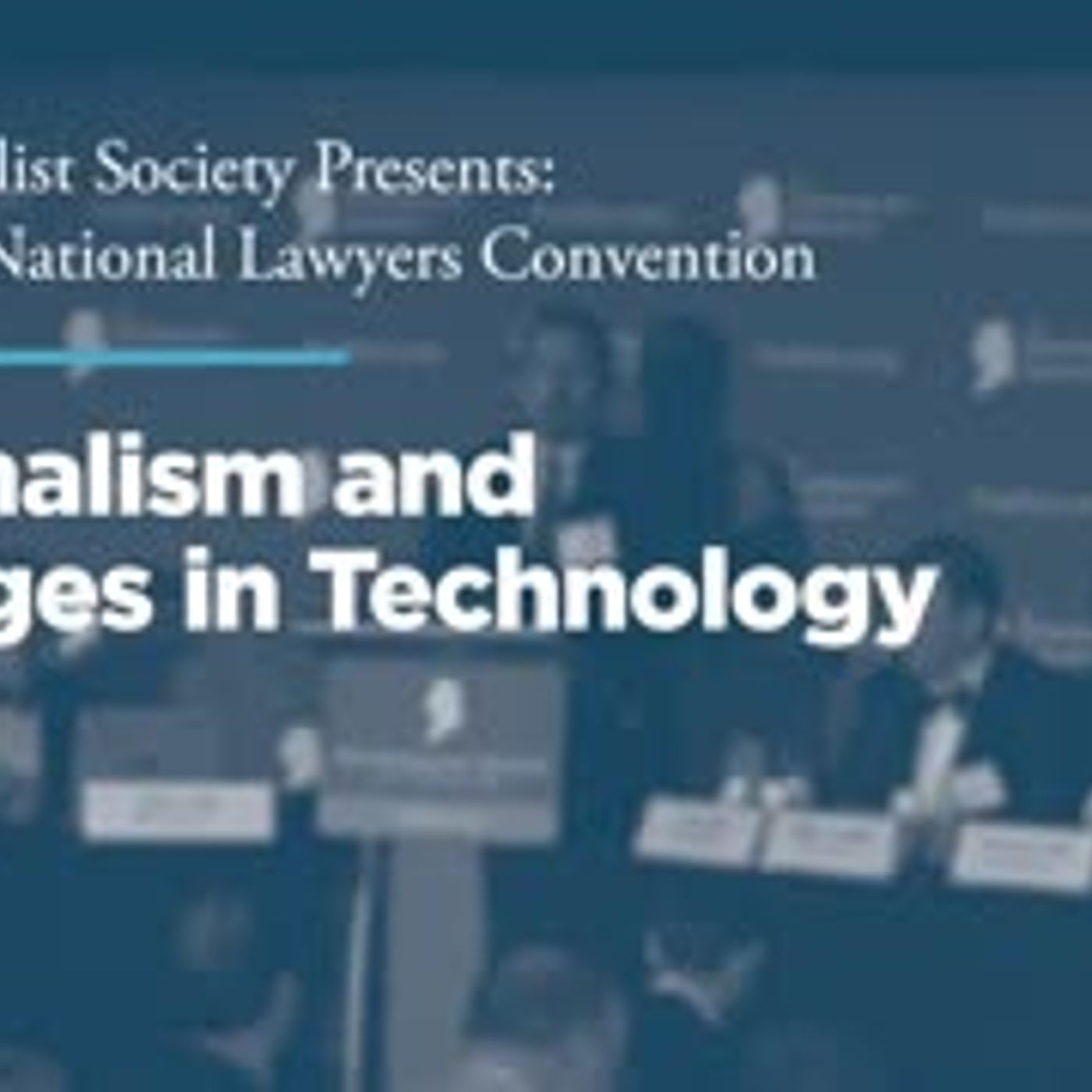- News
- Politics
- SEE MORE
- classical
- general
- talk
- News
- Family
- Bürgerfunk
- pop
- Islam
- soul
- jazz
- Comedy
- humor
- wissenschaft
- opera
- baroque
- gesellschaft
- theater
- Local
- alternative
- electro
- rock
- rap
- lifestyle
- Music
- como
- RNE
- ballads
- greek
- Buddhism
- deportes
- christian
- Technology
- piano
- djs
- Dance
- dutch
- flamenco
- social
- hope
- christian rock
- academia
- afrique
- Business
- musique
- ελληνική-μουσική
- religion
- World radio
- Zarzuela
- travel
- World
- NFL
- media
- Art
- public
- Sports
- Gospel
- st.
- baptist
- Leisure
- Kids & Family
- musical
- club
- Culture
- Health & Fitness
- True Crime
- Fiction
- children
- Society & Culture
- TV & Film
- gold
- kunst
- música
- gay
- Natural
- a
- francais
- bach
- economics
- kultur
- evangelical
- tech
- Opinion
- Government
- gaming
- College
- technik
- History
- Jesus
- Health
- movies
- radio
- services
- Church
- podcast
- Education
- international
- Transportation
- Other
- kids
- podcasts
- philadelphia
- Noticias
- love
- sport
- Salud
- film
- and
- 4chan
- Disco
- Stories
- fashion
- Arts
- interviews
- hardstyle
- entertainment
- humour
- medieval
- literature
- alma
- Cultura
- video
- TV
- Science
- en
Originalism and Changes in Technology

On November 14, 2019, the Federalist Society's Intellectual Property Practice Group hosted a panel for the 2019 National Lawyers Convention at the Mayflower Hotel in Washington, DC. The panel discussed "Originalism and Changes in Technology".
Police track criminal suspects using cell phone data and GPS devices attached to their cars. Social media and other electronic publishing platforms allow every-day citizens to function as the “press.” VCRs and DVRs allow unauthorized recording of copyrighted television programs, while micro-antennas and internet video create an opportunity to re-broadcast these programs. Advances in modern software and biotech/medical methods combined with sometimes abusive enforcement of tech patents (many of which were inadequately examined in the late '90s when advancements in internet and computer technology outpaced the USPTO’s ability to perform robust examinations) has led courts to seek solutions by way of new interpretation of Section 101 to create further subject matter restrictions.
How does originalism handle changes in technology? Do adherents consistently apply its principles across areas of law that range from First and Fourth Amendment to intellectual property cases? Do the narrow spaces between originalism and textualism become larger gaps when it comes to addressing new technologies? How do we judge the performance of originalism against other judicial philosophies in cases involving technological change?
This distinguished panel will look at the history of how originalism has dealt with technology and also look toward a future of advanced robotics, driverless cars, and massive personal data collection to decide whether originalism as it stands is the best tool to decide the coming cases in criminal, tort liability, free speech, intellectual property, and other legal areas, or whether even judges with originalist tendencies should start to look toward other philosophies where technological challenges arise.
*******
As always, the Federalist Society takes no position on particular legal or public policy issues; all expressions of opinion are those of the speakers.
Featuring:
Mr. Anthony J. Dick, Associate, Jones Day
Prof. John F. Duffy, Samuel H. McCoy II Professor of Law, University of Virginia School of Law
Prof. Richard A. Epstein, Director, Classical Liberal Institute and Laurence A. Tisch Professor Emeritus of Law, New York University School of Law; James Parker Hall Distinguished Service Professor of Law and Senior Lecturer, University of Chicago; and Peter and Kirstin Bedford Senior Fellow, Hoover Institution
Prof. F. Scott Kieff, Fred C. Stevenson Research Professor of Law and Director, Planning and Publications, Center for Law, Economics, & Finance, George Washington University Law School
Moderator: Hon. Ryan T. Holte, United States Court of Federal Claims
Introduction: Prof. Mark F. Schultz, Professor of Law, Southern Illinois University School of Law